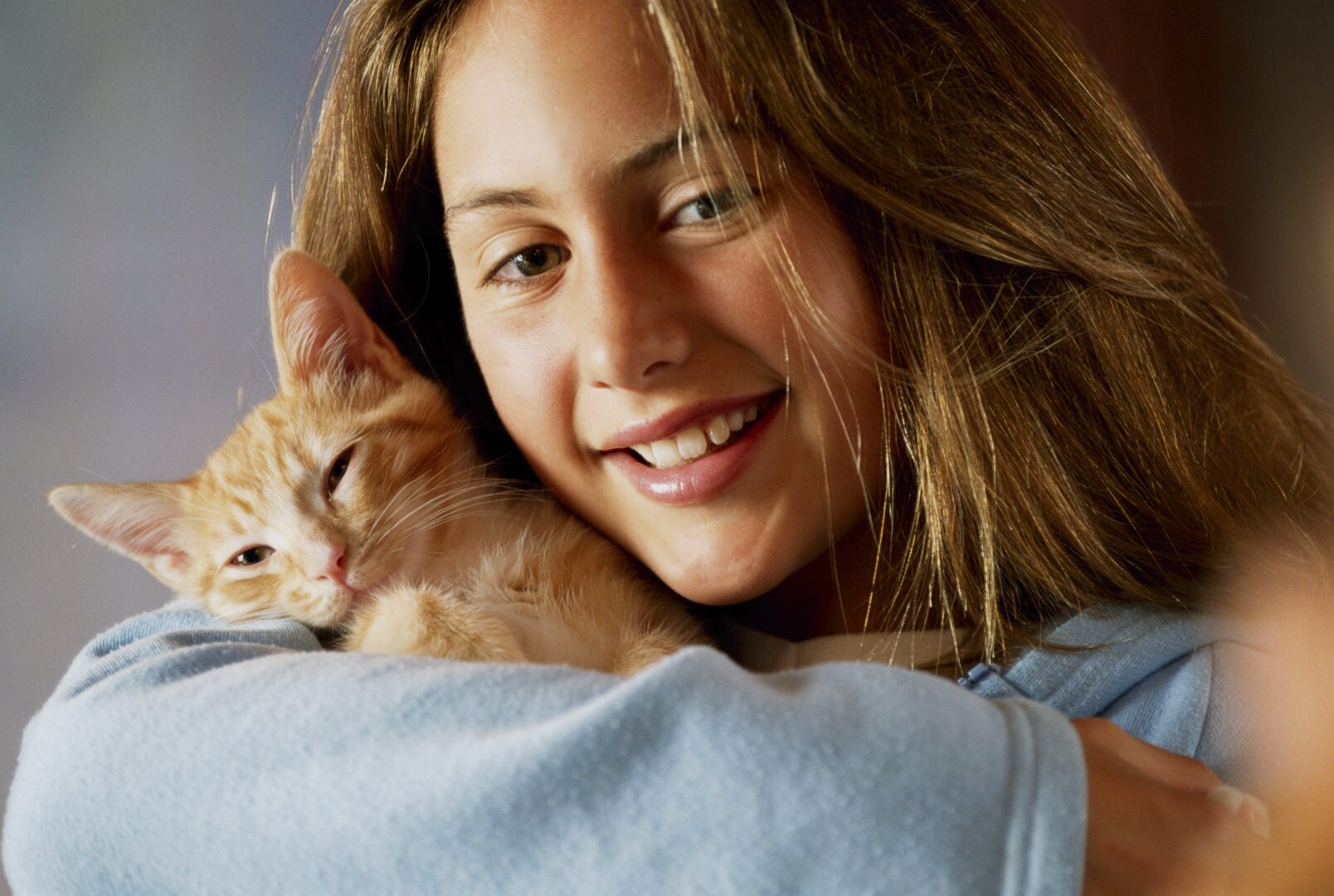Newborn kittens look about as much like full-grown cats as tadpoles look like frogs. They are hairless, pink, temporarily blind and totally dependent on their mothers. However, kittens grow, develop and mature at an incredibly fast rate. At times, the changes can even be seen from day to day!
Here we will take you through the first 72 weeks of a kitten’s life to help you know to expect when it comes to kitten care.
0 – 7 weeks: Dependence and Awakening
For the first five weeks, it’s very important that a kitten remains with their mother. This is considered a vital learning period during which they learn ‘how to be a cat’ from their mother. Many professionals believe that if this ‘cat’ behaviour is not learned from the mother during a kitten’s first eight weeks it may never be acquired any other way.
At two weeks, they can open their eyes. At three, they can smell. At four, they can hear, walk and they will have grown their teeth. At five weeks old, play begins: kittens start stalking prey (though their definition of prey is of course different to yours – beware as dressing gown cords, curtain tiebacks and your feet become kitten play-things!). They will also begin grooming each other (when they are not play-fighting). The kitten should master litter training from between four to six weeks old, at which point more complex food (specially formulated or softened solids) should be introduced.
7 – 12 weeks: Exploration
Kittens should be fully weaned at six to eight weeks of age. They will then begin to explore more of their environment as they become increasingly independent and curious; up until this point they will have hardly strayed further than the circumference of their reclining mother. Play continues and expands. At eight weeks, a kitten is almost ready to be sent to a new home, if that is part of its destiny.
12 – 24 weeks: Independence
Once being introduced to its new home, a kitten’s play and physical and social development continue. They begin to figure out the hierarchy of the household – who the bosses are and where they fit in. Play may get rough at times. A kitten cannot be trained to the extent that puppies can, but spaying and neutering should curb aggression (not to mention other undesirable behaviours).
24 – 72 weeks: Coexistence
At six months, a kitten should look like a cat. Bonds between humans and cats really develop and cement during this period.
A kitten becomes a healthy and well-adjusted house cat if it has properly experienced the two separate but equally important stages: firstly being taught by its mother, and then being cared for by the humans who have welcomed it into their home.
Here are some more helpful cat and kitten care links:
